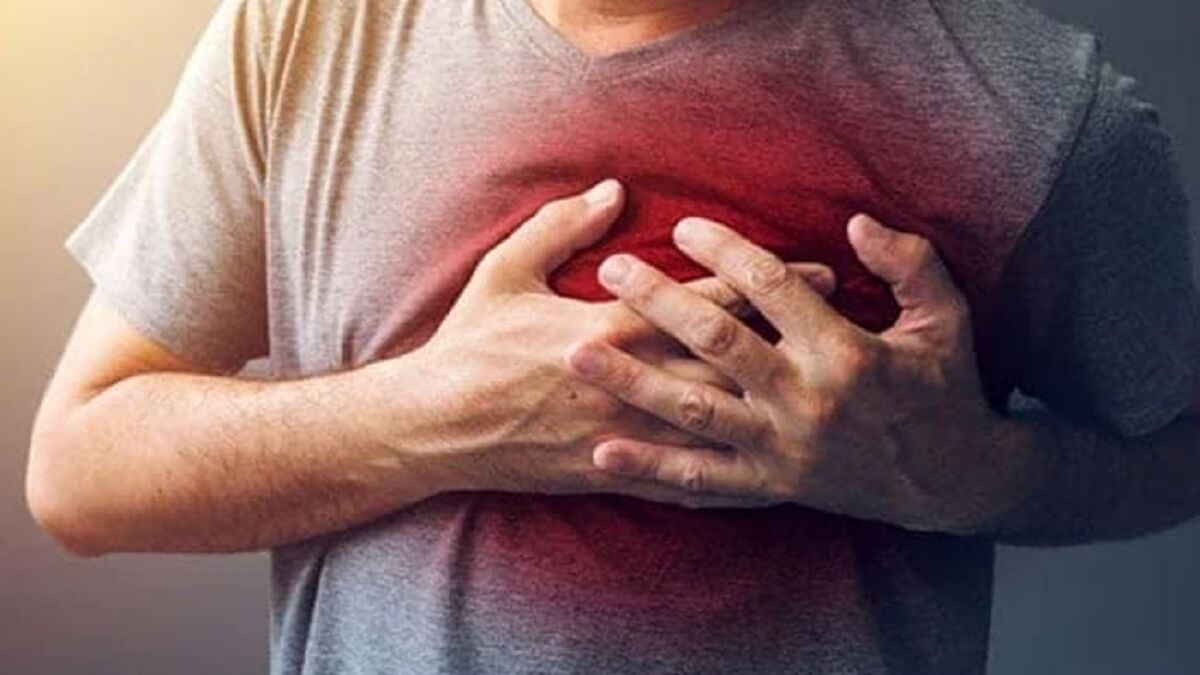Disordered sleep is associated with a significantly increased risk for stroke, new research shows. Results of a large international study show stroke risk was more than three times higher in those who slept too little, more than twice as high in those who sleep too much, and two to three times higher in those with symptoms of severe obstructive sleep apnea (OSA).
As per the study, those who had five or more of these symptoms had an even greater risk of stroke “Not only do our results suggest that individual sleep problems may increase a person’s risk of stroke but having more than five of these symptoms may lead to five times the risk of stroke compared to those who do not have any sleep problems,” said study author Christine Mc Carthy, MB, BCh, BAO, of University of Galway in Ireland.
“Our results suggest that sleep problems should be an area of focus for stroke prevention.” The international study involved 4,496 people, including 2,243 people who had a stroke who were matched to 2,253 people who did not have a stroke. The average age of participants was 62. Participants were asked about their sleep behaviors including how many hours of sleep they got, sleep quality, napping, snoring, snorting and breathing problems during sleep.
People who slept for too many or too few hours were more likely to have a stroke than people who slept an average number of hours. A total of 162 of those who had a stroke got less than five hours of sleep, compared to 43 of those who did not have a stroke. And 151 of those who had a stroke got more than nine hours of sleep a night, compared to 84 of those who did not have a stroke.
Researchers found that people who got less than five hours of sleep were three times more likely to have a stroke than those who got seven hours of sleep on average. People who got more than nine hours of sleep were more than two times as likely to have a stroke than those who got seven hours a night. People who took naps longer than one hour were 88% more likely to have a stroke than those who did not.
Also Read: Raisins can helps to lower risk of heart diseases: Here is 7 amazing health benefits of Raisins
Researchers also looked at breathing problems during sleep, including snoring, snorting and sleep apnea. People who snored were 91% more likely to have stroke than those who did not and people who snorted were nearly three times more likely to have a stroke than those who did not. People with sleep apnea were nearly three times more likely to have a stroke than those who did not.


Comments are closed.